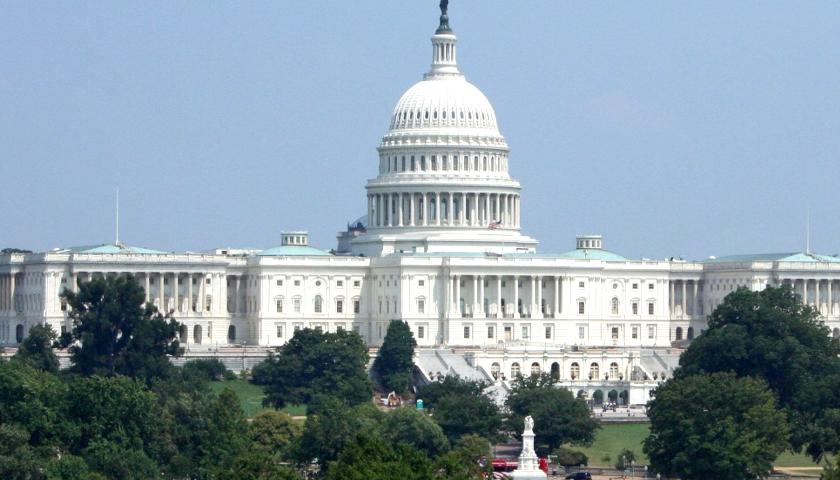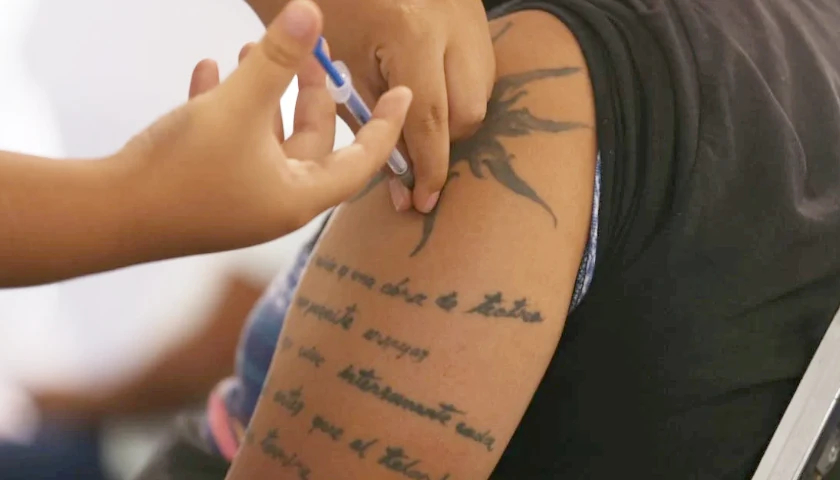In an effort to limit citizen ballot initiatives, two Republican lawmakers in Florida, State Senator Jason Brodeur (R-District 9) and State Representative Mike Beltran (R-57 District) filed identical bills (SJR 1412 and HJR 1127) that would restrict the subjects addressed in the ballot initiative process.
The two bills will be considered during the upcoming legislative session that begins January 11, and are the latest attempts by Republicans to make the citizen initiative process harder in the state of Florida.
According to the two measures, if approved, subjects for citizen initiatives would be “limited to matters relating to procedural subjects or to the structure of the government or of this Constitution.”
During the past few elections, citizen initiatives such as the legalization of medical marijuana in 2016 and the increase of minimum wage in 2020, are two examples of amendments that many Republican lawmakers in Florida believe should not be in the state Constitution and should not have been decided by citizens in the first place.
However, advocates for the citizens’ ballot initiative process contend that it is necessary to take certain issues straight to the ballot because of the tendency of the legislature to ignore the wishes of voters.
Given that changing the citizens’ ballot initiative process would be amending Florida’s Constitution, even if the legislature approves Brodeur and Beltran’s pair of bills, the amendment would only take effect if it is decided by voters on the November 2022 ballot.
While Florida’s citizens’ initiative process could become more strict and the subjects of those initiatives become more limited under the bills’ approval, Florida would still remain as one of 26 states to have a citizen ballot initiative process, according to ballotpedia.com. Of those 26 states, Florida is one of three that only allow them for constitutional amendments, the other two are Illinois and Mississippi.
Of the 23 other states that allow citizens’ ballot initiatives, 15 of them allow for ballot initiatives concerning state constitutional amendments, statutes, and referendums. They are Arizona, Arkansas, California, Colorado, Massachusetts, Michigan, Missouri, Montana, Nebraska, Nevada, North Dakota, Ohio, Oklahoma, Oregon, and South Dakota.
Of the eight other states, Alaska, Idaho, Maine, Utah, Washington, and Wyoming only allow citizen ballot initiatives for state statutes and referendums; and Maryland and New Mexico only allow them for state referendums.
The 24 states whose constitutions do not include any laws pertaining to a citizens’ ballot initiative process for any type of legislative measure are:
Alabama, Connecticut, Delaware, Georgia, Hawaii, Indiana, Iowa, Kentucky, Kansas, Louisiana, Minnesota, New Hampshire, New Jersey, New York, North Carolina, Pennsylvania, Rhode Island, South Carolina, Tennessee, Texas, Vermont, Virginia, West Virginia, and Wisconsin.
– – –
Casey Owens is a contributing writer for The Florida Capital Star. Follow him on Twitter at @cowensreports. Email tips to [email protected].
Photo “Jason Brodeur” by Jason Brodeur. Photo “Mike Beltran” by State Representative Mike Beltran. Background Photo “Voting Booths” by Tim Evanson. CC BY-SA 2.0.






